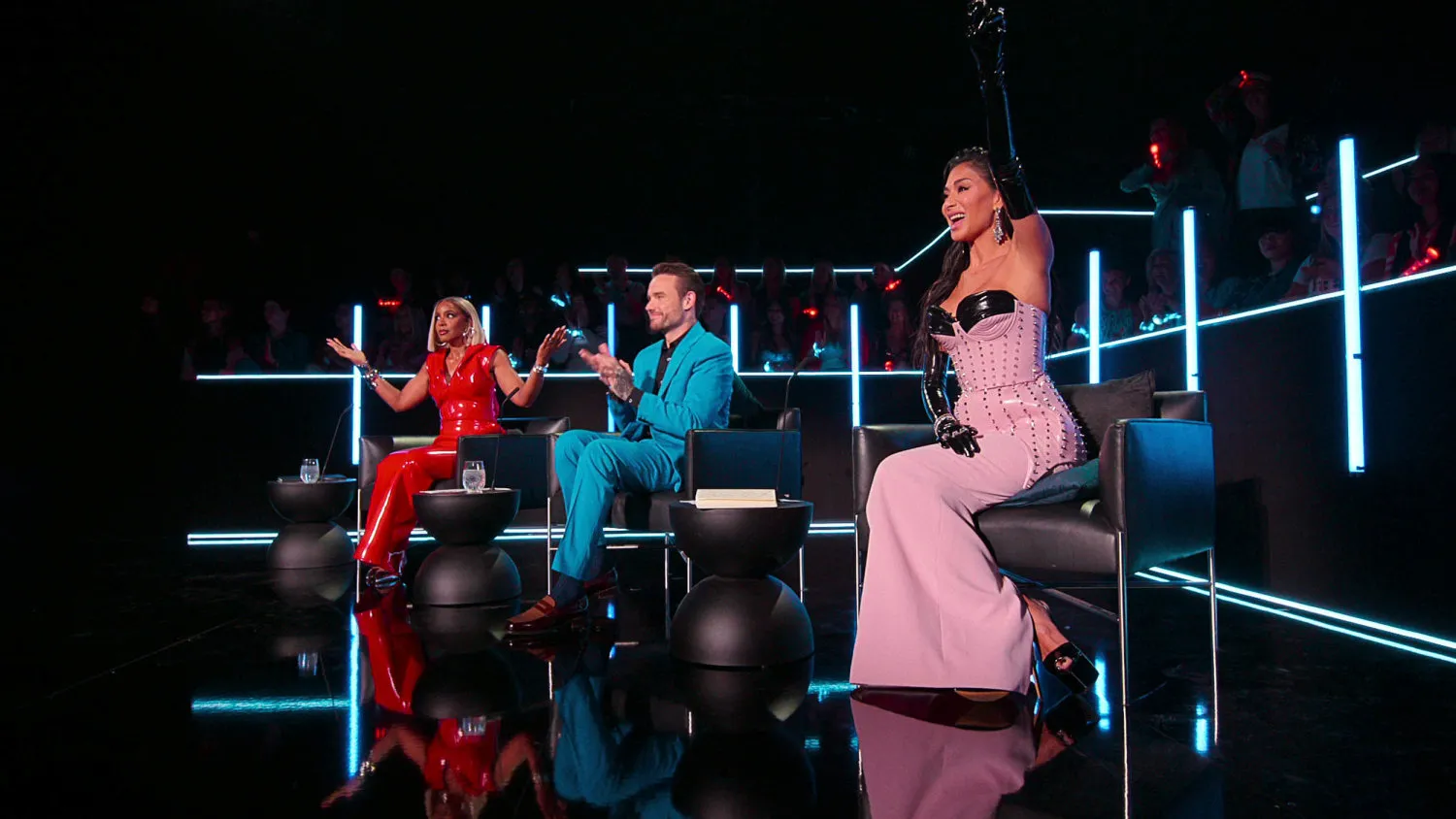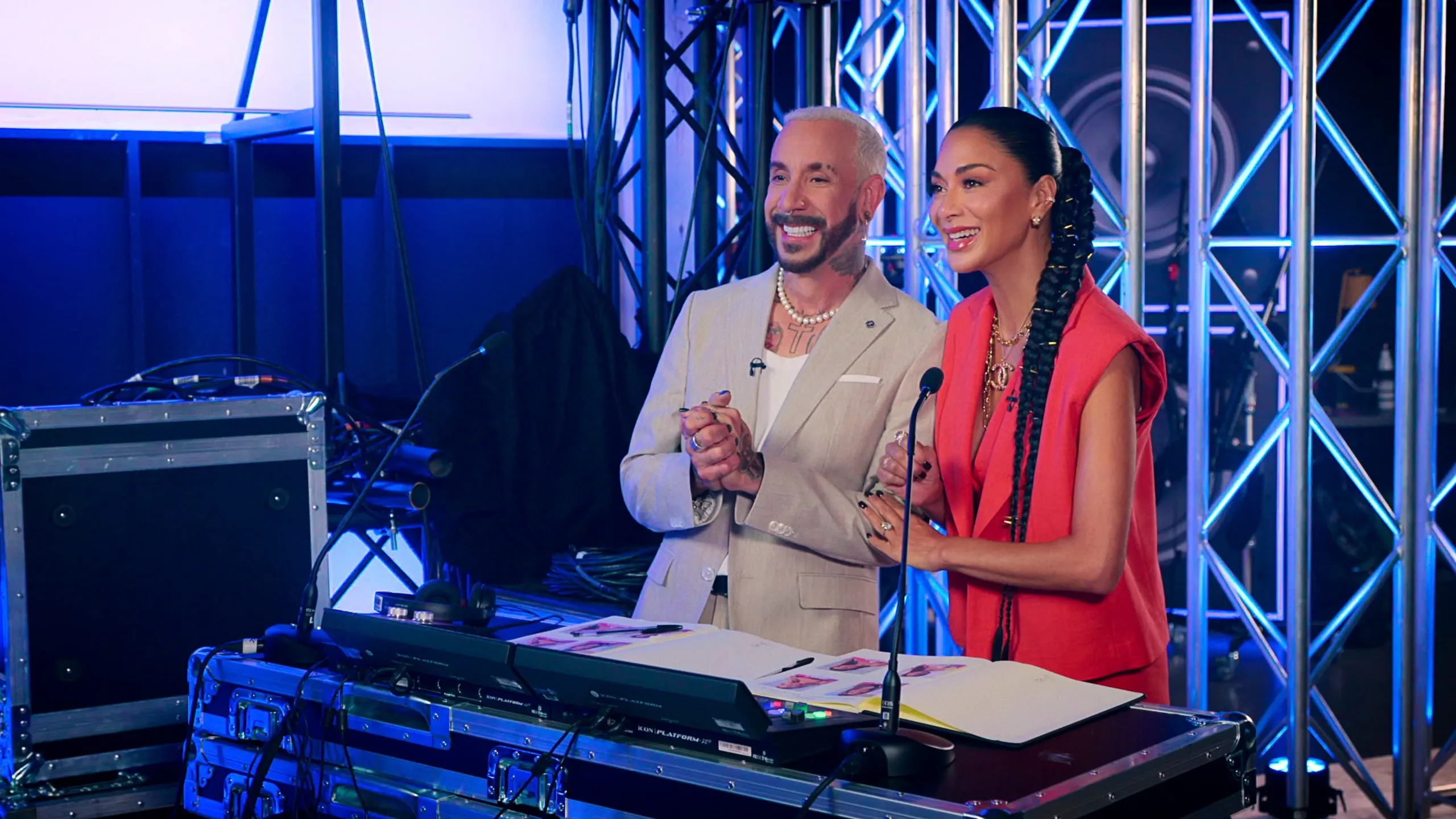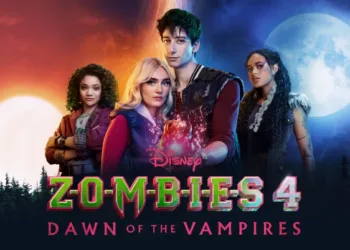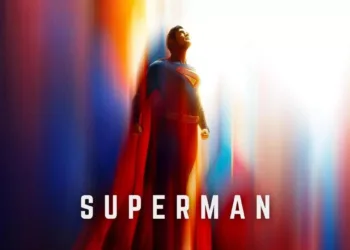Just when you thought the televised singing competition had sung its last note, Netflix re-enters the arena with “Building the Band.” The concept feels like a mad-lib of recent reality TV hits. Fifty hopeful singers are sequestered in individual pods, tasked with forming the next great pop group.
The catch? Every decision is made sight-unseen. Hosted by the Backstreet Boys’ own AJ McLean, the show forces contestants to judge one another based on voice alone. Each singer performs for their peers, who listen from their isolated booths and vote on who they want in their future band.
It’s a high-stakes social experiment staged in a recording studio, one that asks if a group built on pure vocal attraction can find harmony once the members finally see each other. The premise is clean, the ambition is clear, and the potential for a train wreck is delightfully high.
A Glitch in the Musical Matrix
The show’s initial phase operates on a simple economy of “likes.” Each contestant holds a limited number to award to the voices that impress them; a singer must earn a certain threshold of these likes to stay in the game. Here, the format’s architecture reveals a critical flaw.
The competition is a sprint, and those who perform first have a distinct advantage, with access to a full roster of voters and open band slots. Contestants who draw the short straw and perform later face a depleted field. The available likes have been spent and the choicest alliances have started to form. This structure creates an imbalanced scramble, where securing any spot can become more important than finding the right one.
The pressure to lock in a band before being left out entirely introduces a frantic energy that feels less like strategic team-building and more like a game of musical chairs where the last one standing goes home empty-handed.
Now Face the Music
Once a band is formed by voice vote, the series moves to its most anticipated beat: the reveal. The moment when members finally meet is where the show’s premise is truly tested.
The awkward, polite handshakes are charged with the silent question of whether the vocal chemistry translates to the real world. Suddenly, image and personality enter the equation. The focus shifts from a single voice to the messy work of creating a unified sound from disparate talents and egos.
To amplify this tension, the newly formed groups are moved into shared apartments, a classic reality TV maneuver designed to generate friction. With a $500,000 prize on the line, the pressure cooker environment begins to separate the genuine collaborators from the temporary allies, revealing which groups have the foundation to last and which were only good on paper.
A Bittersweet Coda
The show’s latter half introduces the mentors, including the seasoned Nicole Scherzinger, who coaches the bands on performance with an expert hand.
Yet, the series finds its most affecting moments with the appearance of Liam Payne. In what became his final television project, Payne offers guidance that is warm, constructive, and deeply informed by his own history. His critiques are gentle but sharp, and his enthusiasm for the contestants’ successes feels entirely genuine.
The production treats his presence with a quiet respect, and in doing so, provides a platform for his passion for music to shine through. His segments are a poignant reminder of his talent and intuitive understanding of group dynamics. In a show built on a manufactured premise, Payne’s sincere mentorship might just be its most authentic element.
Building the Band premiered on Netflix on July 9, 2025.
Full Credits
Producers and Executive Producers: Cat Lawson
Cast: AJ McLean, Nicole Scherzinger, Liam Payne, Kelly Rowland.
The Review
Building the Band
"Building the Band" offers a clever twist on the singing competition, but its intriguing "blind" premise is hampered by a fundamentally unbalanced structure. While the show provides moments of genuine vocal talent and standard reality TV drama, its most memorable and heartfelt element is the warm, insightful mentorship from the late Liam Payne. His poignant final appearance elevates a flawed but otherwise watchable experiment.
PROS
- Intriguing "blind formation" concept.
- Poignant and insightful mentorship from Liam Payne.
- High standard of vocal talent from the start.
CONS
- Unfair format that disadvantages later performers.
- Pacing can feel repetitive in the initial stages.
- Relies on familiar reality TV conflict tropes.


















































